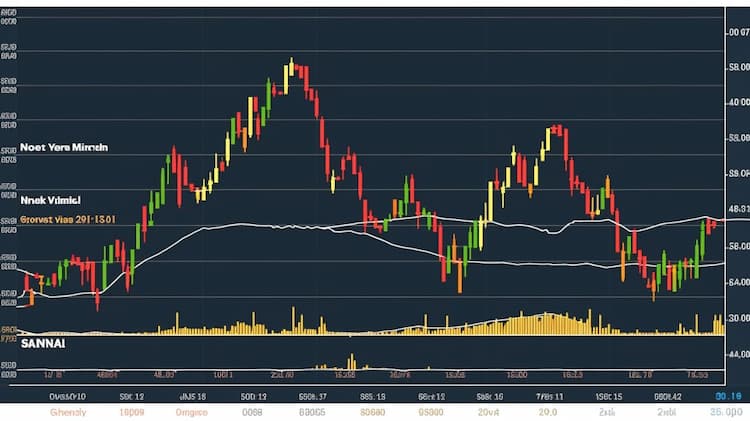ERUS ISSUER
The ERShares MSCI Russia ETF (ERUS) was formerly designed to track the performance of the MSCI Russia 25/50 Index until it was discontinued by MSCI in June 2022. Following this, the fund encountered challenges due to Russian law and U.S. economic sanctions, preventing the sale of portfolio securities and repatriation of proceeds in U.S. dollars. As a result, the Board of Directors made the decision to close and liquidate the fund in August 2022, with the SEC granting exemptive relief to facilitate the process. Currently, the fund is operating under a plan of liquidation, with investments primarily directed towards U.S. government securities and money market funds.
ERUS DIVIDEND
Although the ERShares MSCI Russia ETF (ERUS) was previously designed to track the MSCI Russia 25/50 Index, its operations have been significantly impacted by regulatory and economic circumstances, leading to its closure and liquidation. As a result, the ETF's dividend distribution has been suspended, and its portfolio is now focused on holding U.S. government securities, money market funds, and cash equivalents. Shareholders have received initial liquidation distributions, with final distributions expected upon the completion of the liquidation process. Due to the delisting of the ETF, trading is no longer anticipated, and termination is imminent, leaving dividend eligibility and distribution policies inactive.
ERUS TRACKING
Tracking the Russian equity market was once the primary objective of the ERUS ETF, which sought to mirror the performance of the MSCI Russia 25/50 Index. However, due to the discontinuation of the Underlying Index by the index provider MSCI, as well as regulatory and geopolitical challenges, ERUS has undergone significant changes. The fund is currently in the process of liquidation, with its portfolio assets restricted by Russian law and U.S. economic sanctions. As a result, ERUS has shifted its investment strategy to focus on U.S. government securities, money market funds, and cash equivalents, in line with its plan of liquidation filed with the SEC. Investors should be aware that ERUS is no longer an exchange-traded fund and trading of its shares is not anticipated, with termination expected upon the completion of final liquidating distributions.
ERUS CORRELATION
The correlation aspect of the iShares MSCI Russia ETF (ERUS) is essential for understanding its performance in relation to the Russian equity market. Given its focus on Russian equities, ERUS's correlation tends to be influenced by geopolitical factors, commodity prices, and economic conditions specific to Russia. Investors often examine ERUS's correlation with broader emerging market ETFs and commodities to gauge its sensitivity to global trends and geopolitical events.For in-depth analysis and visualization of correlations involving ERUS and other US ETFs, investors can utilize ETF Insider's web app. With its intuitive tools, ETF Insider allows users to explore correlations, identify overlaps, and gain valuable insights into market trends and sector movements, facilitating informed investment decisions.
ERUS SECTOR
The ERUS ETF, previously designed to track the MSCI Russia 25/50 Index, primarily focused on investments within the Russian market. However, due to the discontinuation of the Underlying Index and economic sanctions, the ETF's portfolio is now restricted from selling its Russian securities or repatriating proceeds. Consequently, the fund has transitioned its investments into U.S. government securities, money market funds, cash equivalents, and short-term securities to comply with regulatory requirements. The sector concentration, once centered on Russian industries, is now diversified across various asset classes, reflecting the fund's shift in strategy amidst geopolitical challenges and regulatory constraints.
ERUS EXPOSURE
The exposure characteristic of the iShares MSCI Russia ETF (ERUS) was initially designed to track the performance of the MSCI Russia 25/50 Index, focusing on the Russian equity market. However, due to regulatory and geopolitical constraints, ERUS faced significant challenges, including the discontinuation of its underlying index and restrictions on trading Russian securities. Consequently, the fund was compelled to shift its investment strategy towards U.S. government securities, money market funds, and cash equivalents, as outlined in its plan of liquidation filed with the SEC. Despite these challenges, ETF Insider, with its web app and visualization tool, can offer insights into ERUS's historical exposure, helping investors understand its past market allocations and potential implications for their portfolios.



